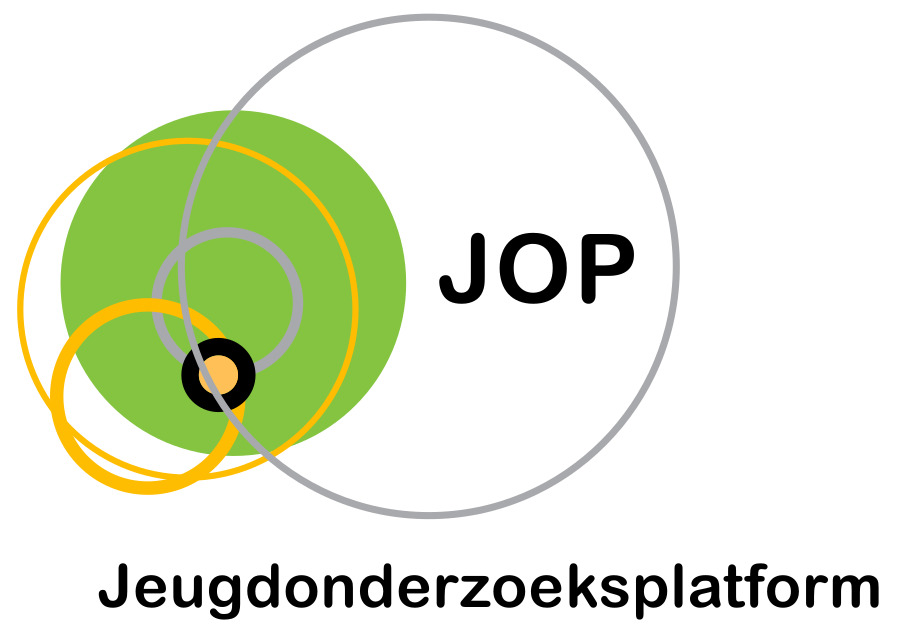Intimacy development in late adolescence: Longitudinal associations with perceived parental autonomy support and adolescents’ self-worth
Auteurs
Van Petegem, S., Brenning, K., Baudat, S., Beyers, W., & Zimmer-Gembeck, M.-J. (2018).

Abstract
Deze longitudinale studie testte de rol van waargenomen ouderlijke autonomie-ondersteuning en zelfwaarde bij oude adolescenten in hun intimiteit ontwikkeling. Een steekproef van 497 Belgische adolescenten (M = 17.9, 43.5% meisjes) namen deel in een twee-golven studie. Uit de resultaten bleek dat waargenomen autonomie-ondersteunend ouderschap niet significant gerelateerd was aan de verandering in de ervaring van intimiteit (in termen van dicht zijn en wederkerigheid), maar wel was geassocieerd met een daling in absolute agency (een overdreven focus op zichzelf) en absolute omgang (een overdreven focus op de andere) bij adolescenten over de tijd. Adolescenten hun zelfwaarde voorspelde een stijging in experimentele intimiteit en een afname in absolute agency en omgang. Daarnaast voorspelde het initiële niveau van ervaren intimiteit een stijging in zelfwaarde. Tot slot suggereerden de resultaten dat de zelfwaarde van adolescenten gemedieerd kan worden door sommige longitudinale relaties tussen waargenomen ouderlijke autonomie-ondersteuning en hoe adolescenten omgaan met intimiteit. Er werd geen indicatie gevonden voor een moderatie van romantische relaties over geslacht of leeftijd.
The present longitudinal study tested for the role of perceived parental autonomy-support and late adolescents’ self-worth in their intimacy development. A sample of 497 Belgian late adolescents (Mage=17.9, 43.5% girls) participated in this two-wave study. Results indicated that perceived autonomy-supportive parenting did not relate significantly to change in adolescents’ experienced intimacy (in terms of closeness and mutuality), but was associated with a decrease in unmitigated agency (an excessive focus on the self) and unmitigated communion (an excessive focus on the other) across time. Adolescents’ self-worth predicted an increase in experienced intimacy and a decrease in unmitigated agency and communion, and the initial level of experienced intimacy predicted an increase in self-worth. Finally, results suggested that adolescents’ self-worth may mediate some of the longitudinal relations between perceived parental autonomy-support and adolescents’ intimate functioning. No evidence was found for moderation by romantic involvement, gender or age.
Referentie
Van Petegem, S., Brenning, K., Baudat, S., Beyers, W., & Zimmer-Gembeck, M.-J. (2018). Intimacy development in late adolescence: Longitudinal associations with perceived parental autonomy support and adolescents’ self-worth. Journal of Adolescence, 65, 111-122
Taal
Engels
Publicatievorm
Tijdschriftartikel
Trefwoord(en)
Intimiteit, autonomie-steun, zelfwaardering, pure agency, pure omgang
